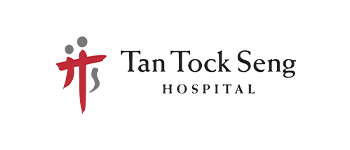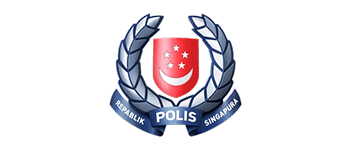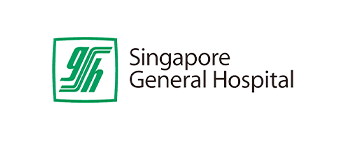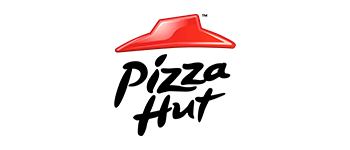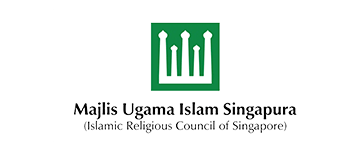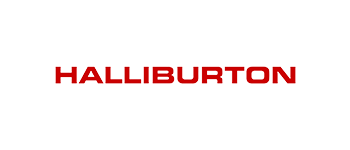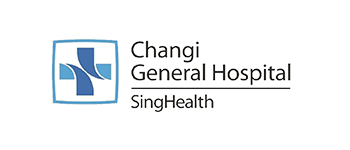
In the salon management domain, there is an ongoing transformation that is redesigning the way the salons operate. Traditional methods have been in the salons for ages and some salons and spas still follow the same guidelines. However, the sudden emergence of modern salon management systems has truly proved to be a game changer.
If you are a salon owner or passionate about the beauty industry, this post will guide you through the fascinating process of management of salons. This comparison will shed light on the innovative changes sweeping the beauty industry.
So, brew your hot cup of coffee as we commence on this exciting journey. Here, we will discover the user-friendly, efficient and customer-centric world of modern salon management.
Let us together witness the way it stacks up against the time-honoured traditions of the gone times. So, let us get started!!
Salon Management Features Modern Vs. Traditional Methods
This section of the write-up will discuss the various features of salon management. It would take into account the way it differs between modern and traditional methods.
Appointment Booking
Making appointments is much simpler in the modern day. Through user-friendly mobile apps and websites, customers can easily book their preferred treatments, choose specific stylists, and select appropriate periods. Clients may take charge of their salon experience with only a few taps on their tablets.
In contrast, conventional salons frequently use manual booking procedures. To book appointments, customers might need to call the salon or come in person. This approach may take more time and be less flexible because it is dependent on the availability of salon workers to help.
Scheduling
Systems for managing salons today are excellent at scheduling. The smooth organisation of appointments using cutting-edge software ensures a well-structured daily plan. Real-time availability updates and flexible booking alternatives such as online self-scheduling are of great advantage to customers. With such accuracy, idle time is decreased, staff productivity is maximised, and the customer experience is improved overall.
In the conventional world, scheduling may need more work. Manual appointment books, which frequently contain handwritten entries, demand careful consideration. Staff may spend a lot of time scheduling appointments, which could result in mistakes, overbookings, or long wait times for customers. Traditional scheduling has a certain nostalgic appeal, but it might not be as effective as more contemporary alternatives.
Payment and Billing
Billing and payment procedures are now very simple, quick, and efficient. Salons may accept a range of payment options, including credit cards, digital wallets, and contactless payments, thanks to integrated software systems. The automatic generation of receipts and invoices decreases the possibility of error. Additionally, customers may frequently monitor and pay their invoices online, which streamlines and simplifies the transaction process.
In contrast, conventional salons frequently use manual credit card processing or cash transactions. Handwritten invoices could result in mistakes and delays. If customers need to pay their bills in person at the front desk, there may be longer waits.
Staff management
Advanced software solutions simplify tasks such as staff scheduling, payroll processing, and performance tracking. These systems ensure that the right team members are readily available when needed. This reduces downtime and optimizes the salon’s efficiency. Real-time data on staff performance and client feedback enable managers to make data-driven decisions that establish a motivated and coordinated team.
In traditional salons, staff management often leans towards manual processes. Scheduling can be a complex procedure involving handwritten calendars and paper records. Performance assessment depends on subjective evaluations that make it challenging to provide constructive feedback and measure progress. Traditional methods can be more time-consuming and less precise compared to their modern counterparts.
Inventory Management
Advanced software systems keep a real-time, digital record of products and supplies. Salon owners can monitor stock levels, track product usage, and even automate reordering in case when supplies run low. This ensures that the salon is well-stocked with the right products, and prevents frustrating product shortages and overstocking. It also minimizes manual record-keeping, reducing the risk of errors and smoothening the overall operation.
Traditional salons, on the other hand, often depend on manual inventory management. Keeping track of product levels involves physically counting items and maintaining handwritten records. This can be time-consuming, prone to errors, and less responsive to changes in demand.
Data Reports and Analytics
The data gathered as a result of the collection and analysis of salon software systems offers important insights into consumer behaviour, preferences, & trends. Salon owners and managers get access to real-time information on customer satisfaction, revenue, and product sales. Through the use of data-driven decision-making, salons may efficiently adjust their services, marketing plans, and inventory to fit the demands of their customers.
Traditional salons, on the other hand, may lack the data infrastructure needed to gather and thoroughly analyse such findings. Gaining a comprehensive understanding of salon performance and client preferences may be difficult because data gathering may be constrained to manual record-keeping and one-on-one contact with clients.
Marketing
Salon owners and managers utilise the power of digital marketing tools to obtain maximum benefits. These tools include email campaigns, social media advertising and loyalty programs essentially. They extend the salon’s reach, attract new clients and nurture existing relationships. Consequently, they aim to target specific demographics and track the success of marketing efforts in real-time. This further allows to adjust the strategies as required for maximum impact.
On the counterpart, traditional marketing methods include approaches such as word-of-mouth referrals and local advertising. They have a very limited reach as compared to digital tools. It is therefore recommended to measure the effectiveness of these efforts as it can be challenging without the data and analytics available in modern salon management.
Customer Support
Modern salon management makes use of technology to provide enhanced customer support. Online booking platforms, chatbots and email support smoothen appointment scheduling and address common enquiries effectively.
Furthermore, social media and review platforms offer clients opportunities to provide feedback and seek assistance. This creates a more accessible and responsive customer support system. This fully caters to the present tech-savvy client circle.
Traditional customer support relied heavily on in-person interactions and phone calls. Clients used to visit the salon or make appointments to avail of services or resolve issues.
Which one to prefer?
It is clearly evident that the modern approach emerges as a clear winner in today’s fast-paced and digitally driven world. It can not be denied that traditional methods have their own share of charm and history, the efficiency, convenience and adaptability of salon Management systems.
This ranges from online booking and automated remainders to streamlined inventory management and responsive customer support the benefits are huge. These systems elevate the salon experience and empower owners to thrive in an ever-evolving marketplace.
Awebstar Technologies provides easy and reliable salon management software to effectively manage your salon and spa business. This software enables arrangement planning, inventory management, online booking, customer management and retail management among various other attractive features. Therefore, embrace technology while retaining the essence of the craft that is the winning formula for success in the modern era.










